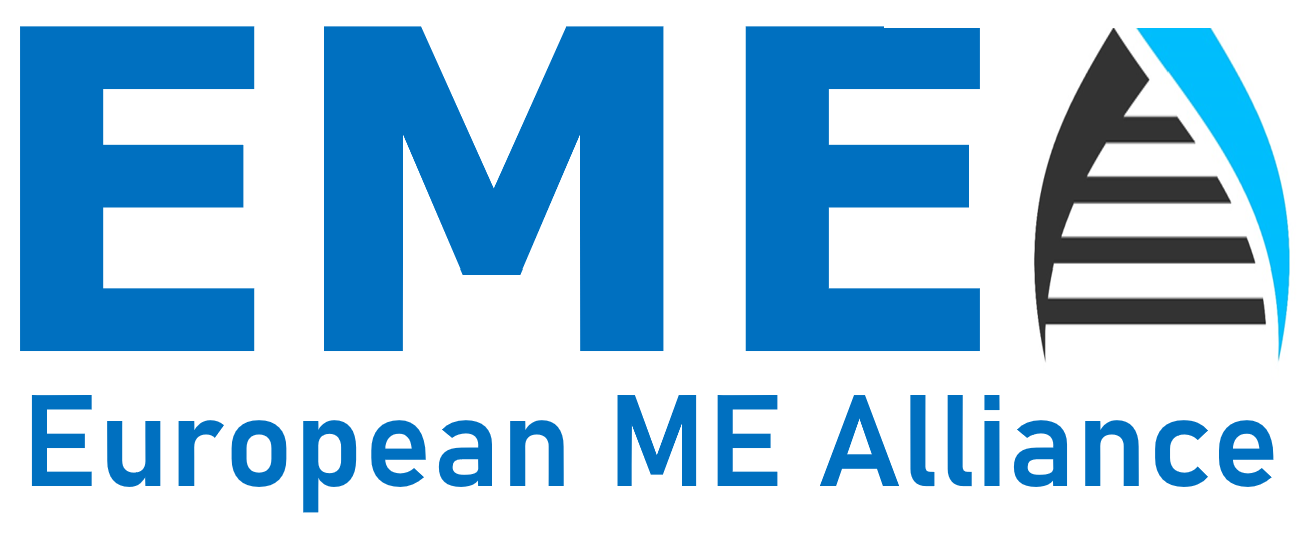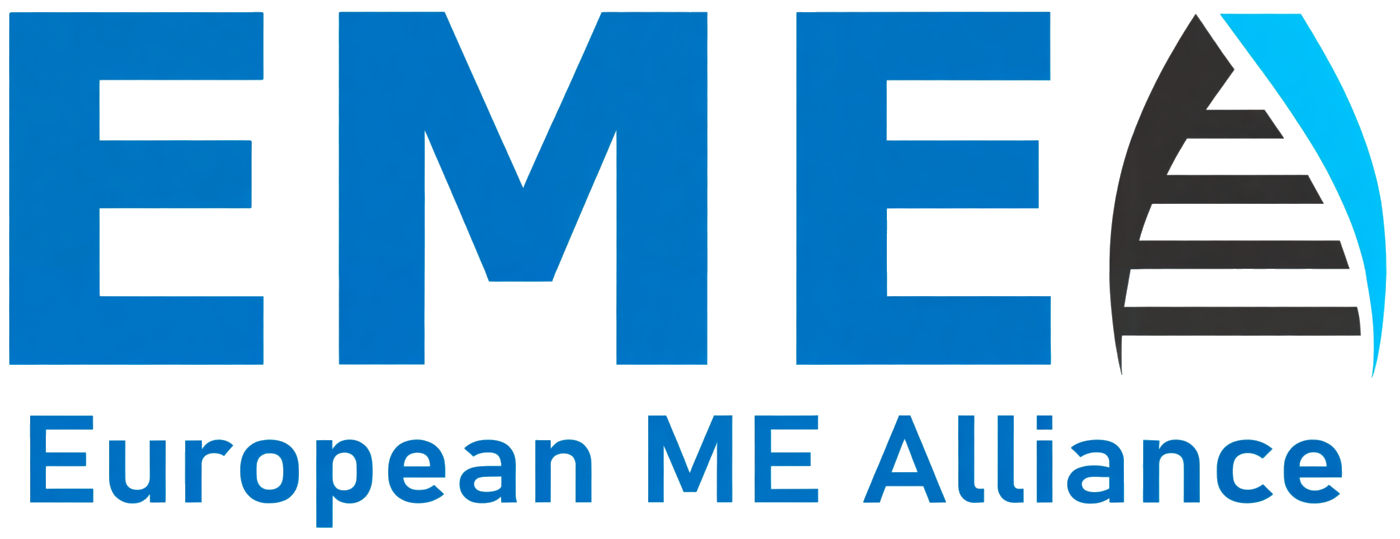
EMEA Participation in the 75th session of the World Health Organisation Committee for Europe
EMEA News for October 2025
In 2023 the European ME Alliance received
‘
official Non-State Actor accreditation’ status
from WHO’s Regional Office for Europe during WHO Europe’s 73rd Regional
Committee Meeting (RC73).
This status permits EMEA to participate in WHO Europe Regional Meetings and
to make official statements on agenda topics of interest.
EMEA aims to use this platform to improve awareness, recognition, and action for Myalgic Encephalomyelitis (ME) across
WHO Europe’s 53 member states.
European ME Alliance Statement at 75th Regional Committee Meeting for Europe
28–30 October 2025, Copenhagen, Denmark
Agenda Item 3: Second European Programme of Work 2026–2030
Honourable Chair, Esteemed Delegates,
The European ME Alliance (EMEA) represents people with Myalgic Encephalomyelitis (ME, sometimes referred to as ME/CFS).
ME is one of Europe’s most urgent health crises.
Millions suffer worldwide. And yet, it remains largely invisible in global and national health policy.Imagine living with fatigue so severe that you cannot feed yourself, communicate, or leave your bed. Add disbelief, stigma, and dismissive medical care on top of that. This is the reality for patients — and our survey of over 11,000 people confirms it is systemic across Europe.
ME patients urgently need support from healthy people to perform daily activities and administrative tasks, in order to avoid over-exertion and progression of the disease to more severe disability levels – because when the disease and its disabling symptoms are denied, people are left without assistance and become increasingly disabled until they are bedbound and unable to defend, or care for, themselves.
Including ME is not just compassionate — it aligns with WHO Europe’s Second Program of Work. It strengthens Primary Health Care, addresses noncommunicable diseases, and harnesses data-driven innovation to ensure equitable access to care.
ME is exactly the kind of chronic, multisystem condition the EPW2 was designed to tackle — through integrated, person-centred, community-based care.
Inclusion of ME in WHO’s Global Monitoring and Surveillance System would fill the critical evidence gap for effective public health planning and patient protection.
Applying WHO’s Health Impact Assessment methodology would identify structural barriers — gaps in access, training, and care — just as recent reviews have done for Long Covid and chronic pain.
Some countries are already leading. Switzerland is developing a national ME strategy. WHO Europe can help other countries follow suit, providing guidance and coordination to scale up best practices across the Region.
Last Update: October 2025

